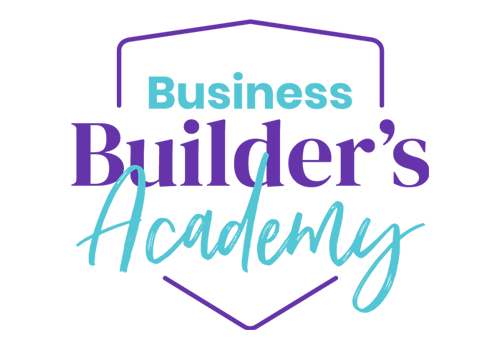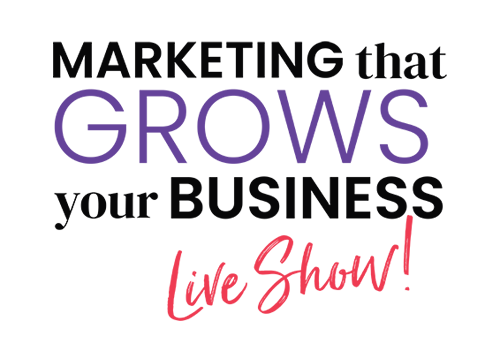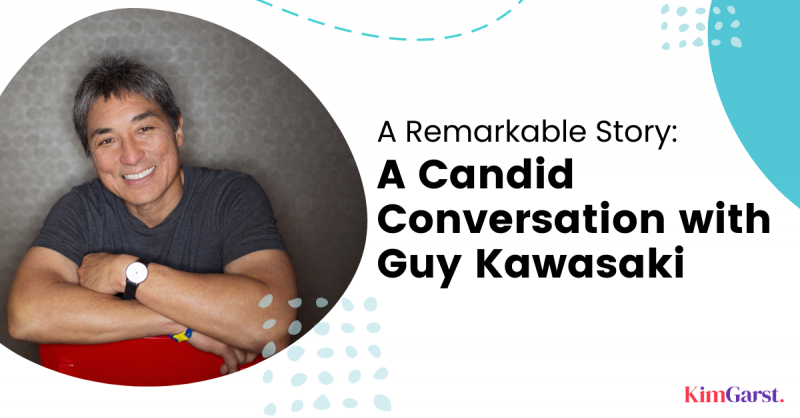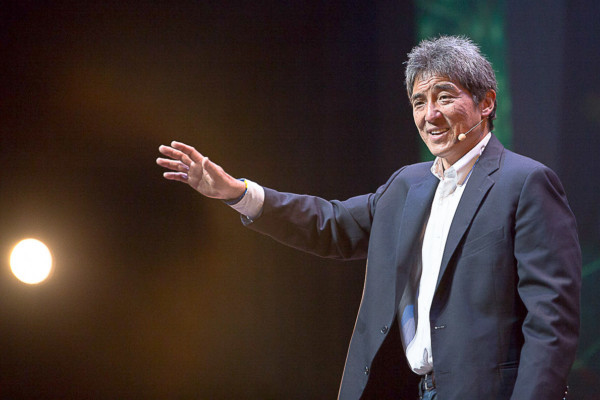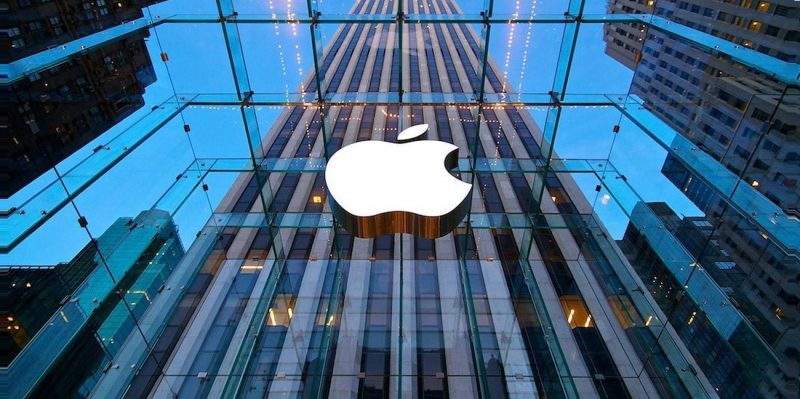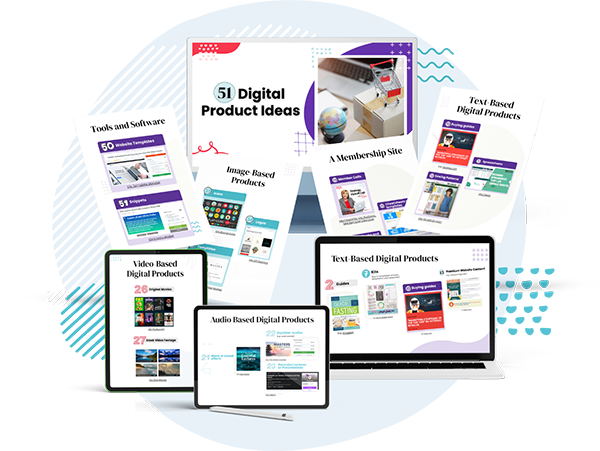Ever wonder what it would be like to work for Apple?
Or what Steve Jobs’ leadership style was like?
I recently had the honor of sitting down and having a candid conversation with Guy Kawasaki, author, Silicon venture capitalist, and chief evangelist of Canva.com.
Guy has also worked for Apple: not once…but twice. And he was even asked to come back a third time!
Besides writing 15 books and just being a really nice guy to boot, Guy is also the host of the podcast, Remarkable People.
So I was excited to talk to him not only about his time working at Apple, but also about podcasting in general.
I got a ton of value out of my conversation with Guy, and I know you will too!
Working with Steve Jobs
As already mentioned, Guy worked for Apple twice; but when they asked him back for a third time, he declined. I wanted to know if he ever regretted that, and why he ended up turning them down.
Guy says he worked at Apple from 1983-87, and then from 1995-97, and both times, he left to start a company. The third time, Steve Jobs asked him to come back to run Apple University. For those who don’t know, Apple University is the internal program Apple runs to teach employees the “Apple way”.
According to Guy, Jobs was a true visionary – one of the very few: “I don’t say that loosely or lightly, because in American business there have been maybe two or three visionaries ever. Walt Disney, Edison, Jobs, and maybe Elon Musk today.”
That said, working for Jobs the third time just didn’t appeal to him. He does regret it as he admits he would have made a lot of money! However, he also fears it would have made him an “insufferable jerk”.
Steve Job's Leadership
I’ve heard Jobs described as a task master, and I’ve heard people say he ruled by fear. However, I’ve also heard Guy talk about how some of his best work came as a result of Jobs’ leadership.
Here’s what Guy had to say about this: “He wanted things to be perfect, and he had a very strict definition of what perfect was. He was extremely demanding. And I think, looking back over my life, both the bosses and teachers I learned the most from were the ones who were like that – they were the most demanding.”
According to Guy, this is a lesson for young people today. Don’t just go with the easier bosses, teachers or jobs; you don’t need to be a masochist, but certainly the more challenging bosses and teachers will drive you to accomplish more.
What a GREAT life lesson!
Guy’s Greatest Lesson from Working at Apple
I asked Guy if there were any other life or business lessons he took away from Apple, and this is what he had to say: “Your current customer cannot help you necessarily design something revolutionary. Your current customer is typically going to ask you for something that’s a better, cheaper, faster version of what you already have.”
For instance, if you had asked an Apple customer back in the 1980’s what they wanted, they would have said a better, faster, cheaper Apple.
And if your car manufacturer now were to ask you what you’d like in your next car, you’d probably say, better, faster, cheaper, more mileage, safer, etc. Before Tesla, you likely wouldn’t have ever said you wanted “an electric car that has a range of 300 miles.”
This is a great lesson, and Guy sums it up perfectly: “If you truly want to jump to the next curve and innovate, you can’t necessarily ask your current customer”.
This is a great lesson! But here’s the rub: if we can’t ask our existing customers how we should innovate, how do we do it?
According to Guy, it’s all about asking one simple question: “Therefore, what?”.
As the CEO of your company, you have insight, analysis and a unique perspective on what’s going to happen in the near future. And based on that, you need to ask yourself, “Therefore, what should we do?”.
For example, what if you were able to go back in time and envision that everyone in the future is going to have a phone with a camera? And that that phone would be connected to the internet?
Therefore, what?
You might have thought of starting Instagram, a place where people could share pictures of their experiences.
In Guy’s view, this is the genesis of most great tech startups. For instance, if you look at the founding of Apple, the “Therefore, what” was that there were more and more computer components out there, but computers were mainframes and no one could use them; and that there must be a better way.
The “Therefore, what” was, Therefore, we should build a personal computer.
Another way to innovate, according to Guy, is to build what you yourself would want to use. Instead of reaching out to survey your customers, you reach into your soul to think about what you would like to use.
Then you build it, and hope you’re not the only person in the world who wants it!
The Remarkable People Podcast
As mentioned in my intro, Guy’s latest endeavour has been to start the Remarkable People podcast.
After all the things Guy has accomplished in his career, I was curious: why start a podcast?
One reason was because of all the amazing people he’s met over the past 40 years. He has access to incredible people like Jane Goodall, Andrew Yang, Steve Wolf, Steve Wozniak, etc.
He wanted to find out how they became remarkable, and what lessons they could share about becoming remarkable, and then share this with his listeners.
However, the other piece of the puzzle was the financial potential.
I love how honest he is about this!
When Guy’s book, Wise Guy, came out, he was featured on dozens of podcasts. At one point, he asked some of the podcasters what their business model was. Several people told him they were using advertising as their main revenue source, and that they were charging $30K per podcast (!).
He ran the numbers, and quickly realized that these guys were making $1.5 million per year from advertising alone.
This led him to the following realization: “Why am I writing books? It takes two years to really get a book out. You get one advance, and you never get any more usually. And the minute you finish a book, it’s out of date. So, I should switch from writing books to podcasting, and then I won’t have to travel. I can do interviews remotely.”
Sounds like a pretty good incentive to start a podcast to me!
The Remarkable People
One question I had about interviewing remarkable people was, what happens when he runs out of existing connections? Who will he interview then?
According to Guy, it’s important to remember he talks to remarkable people…not just famous people, and not just rich people.
In fact, Guy believes he could almost make the case that wealth is inversely related to being remarkable.
For example, on one episode, he interviewed a woman named Martha Nino who was an illegal immigrant. She had been snuck across the border as a baby, and had lived in Northern California for 15 years. She finished college, and eventually went to work at Adobe in Silicon Valley.
These are the kinds of remarkable stories Guy is excited to share on his podcast!
The Future of Podcasting
I wanted to get Guy’s thoughts on the current state of podcasting, as well as what podcasting might look like in the future.
How did we get to where we are now? How did podcasting get so popular?
Guy believes podcasting is a very important contribution to history: “For many people, it is the new writing. It is the new oral tradition…it’s a way of continuing the story. But I don’t think anybody anticipated how it would grow and [that] it would become this valuable.”
According to Guy, in Silicon Valley, people throw a lot of things at the wall to see what sticks. And then when something does “stick”, they go to the wall and draw a bullseye around it.
Just a little insight into how the Silicon Valley mind works, says Guy!
In terms of where podcasting is headed in the future, Guy believes it’s becoming the new book publishing.
Here’s an example from Guy’s own experience. He’s written 15 books, and has done one podcast with around 15 episodes.
He estimates it takes 6-12 months to write a book, and then another 6-12 months to get it published by a traditional publisher. Along the way, there are many hurdles: “You have to find an agent, you have to find a publisher. The publisher has to go through content editing. It goes through copy editing…then it has to be printed and released and all that.”
A podcast episode, on the other hand, can be almost immediate.
For instance, Guy was able to interview the governor of Hawaii about how they’ve done a remarkable thing by making Hawaii the state with the fewest cases of the coranavirus. If he were to write a book about this, people wouldn’t be able to read it for 18 months to 2 years. And by that point, who knows what Hawaii or the coronavirus will be like!
How to Learn Podcasting
I was curious whether Guy recommends any particular resources for getting started with podcasting, or whether he recommends just jumping right in.
Guy attributes much of his success with podcasting to Jeff Sieh, who is the sound designer for Remarkable People.
But he also has some strong recommendations regarding which tools to use.
1. Squadcast
First, he recommends using SquadCast to do interviews. Unlike Zoom or Skype, both of which compress the recording to transmit as little data as possible, SquadCast actually creates a local recording on each end. This results in a much higher audio quality.
He also recommends a product called Descript, which creates an automatic transcript of the audio interviews. The cool thing is that as you go in and edit the transcript, your editing is reflected in the actual audio. For instance, if you wanted to remove the “ums” and “ahs” from the audio, all you’d have to do is edit the transcript, and it would automatically be removed from the audio too.
How cool is that?
2. Zoom H6
Another product Guy recommends for audio recording is the Zoom H6. This, along with his Countryman microphone are the only two pieces of equipment he uses for most of his recording (along with SquadCast, which is of course, virtual).
In terms of actually doing the interviews for his podcasts, Guy says he doesn’t necessarily know that he’s super-qualified to offer a ton of tips, as he admits he’s learning as he goes.
However, his strategy is a simple and effective one: just try to ask questions that bring out people’s remarkableness.
Guy says it takes him 2-3 hours to prep for each interview, and his process is as follows: he looks at their Wikipedia entry, their website, and their social media, and also tries to read at least once book each guest has written.
From there, he just asks good questions…and that’s it!
I think there’s a really powerful lesson to be learned here: don’t let not knowing how to do something impede you from taking action.
You don’t need to be perfect. Don’t be afraid to do things messy, and to just learn as you go!
Guy’s Favorite Social Media Platform
When I first started out in social media, I spent a lot of time reverse engineering what influencers were doing on social media; and Guy was one of those influencers.
He was so successful with Twitter at that time, but I wondered where he’s spending most of his time online these days.
For Guy, LinkedIn is definitely his current social networking site of choice. Guy believes that unlike on Facebook or Twitter, people on LinkedIn are very likely to be who they say they are. So for professionals, LinkedIn is definitely the platform he believes is most useful.
For businesses in industries like apparel or food, Instagram is his recommended platform. He also believes Facebook is still a very useful platform because of all the targeting that’s possible; in fact, he believes it may be the most useful platform out there for advertisers.
Like Guy, I’m also a huge fan of LinkedIn these days. When they introduced live video, I became a convert! I’ve been able to incorporate it into my marketing strategy, and have gotten some amazing results.
A Small Answer to a Big Question
Finally, I wanted to know what inspires and motivates Guy to continue to evolve, both personally and as a brand.
I acknowledged that this is a big question, and Guy responded that he has a small answer! <<grin>>
He admits that part of his motivation these days is financial. He has two kids who have graduated college and left home, but still has two who are in school. So, at least in part, he’s motivated by the cost of tuition!
In terms of branding, he admits he doesn’t spend a lot of time thinking about the Guy Kawasaki brand. He tries to avoid “faux pas and mind-boggling stupidity”, but he doesn’t have some kind of plan where he’s set out to position himself as a thought leader or guru or expert or anything like that.
He admits he just kind of does what he wants to do!
One of his strategies, however, is hiring people who are A+ players. For instance, Peg Fitzpatrick runs most of his social media, because she knows how to do it much better than he does. And then as already mentioned, he has Jeff Sieh doing his sound, because Jeff is much better than him at that.
I am in total agreement with this philosophy. Focus on your strengths, and then outsource your weaknesses. This is the key to building a successful, sustainable business!
Focus on your strengths, and then outsource your weaknesses. This is the key to building a successful, sustainable business!Click To TweetFinal Thoughts
A huge thanks to Guy for joining me and for being so open and honest with his responses.
I really enjoyed this candid conversation with Guy Kawasaki and hearing about his experiences at Apple and with the Remarkable People podcast, and I bet you did too!
Want to watch the whole interview?
What’s your biggest takeaway from this post? What surprised you or inspired you? Share with us in the comments below!
About Author
Kim Garst
Kim Garst is a renowned marketing strategist and speaker who is trailblazing the use of artificial intelligence in digital marketing. With over 30 years of experience as an online entrepreneur, Kim helps entrepreneurs grow their business and authority online by using AI technology. She is leading the way with proven AI frameworks that help entrepreneurs build authority in their space.
She is keynote speaker and an international best-selling author of Will The Real You Please Stand Up, Show Up, Be Authentic and Prosper in Social Media.
Named by Forbes as a Top 10 Social Media Power Influencer, Kim is well-known for her skill to simplify complex technology and make the use of AI understandable for business growth. Her relatable, actionable advice helps guide new entrepreneurs to harness the power of AI to succeed in digital marketing. Kim is leading the way in combining human and technological skills to create a new model for AI-powered marketing.

